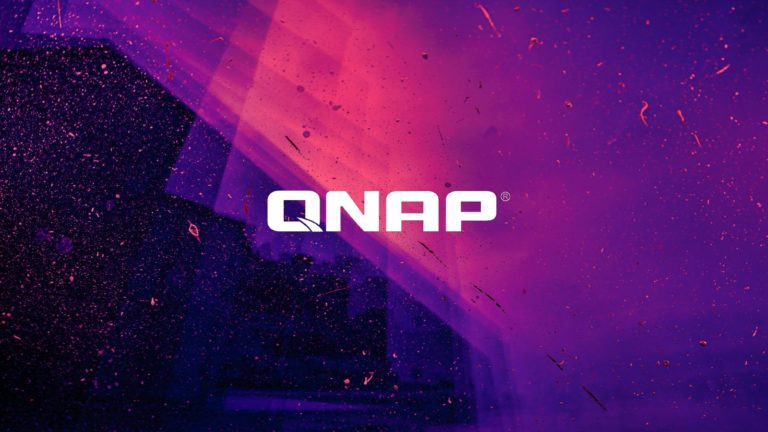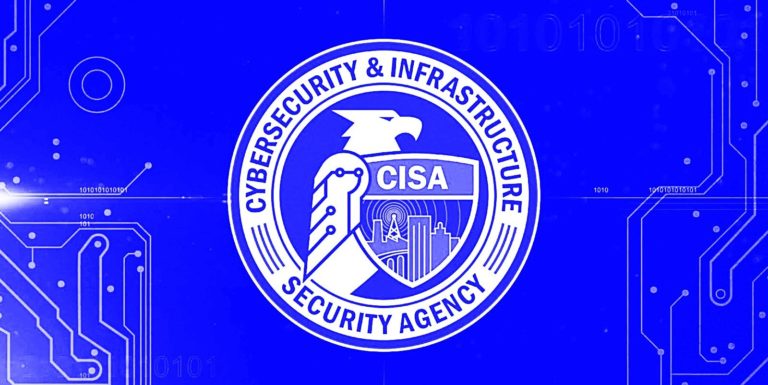Don’t use single‑factor authentication, warns CISA
The federal agency urges organizations to ditch the bad practice and instead use multi-factor authentication methods The Cybersecurity and Infrastructure Security Agency (CISA) has added the use of single-factor authentication to its brief list of bad practices that it considers to be exceptionally risky when it comes to cybersecurity. “Single-factor authentication is a common low-security…







